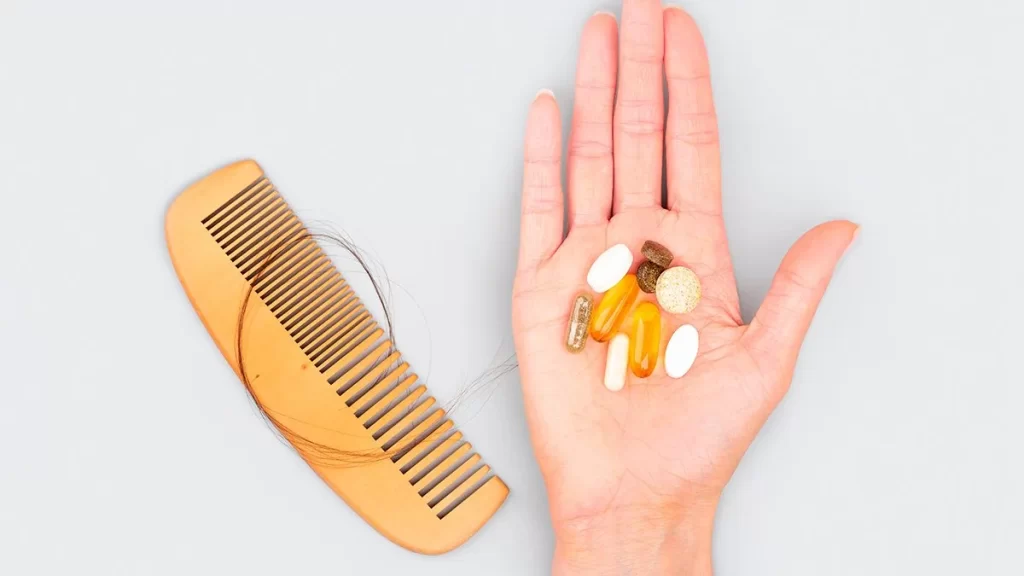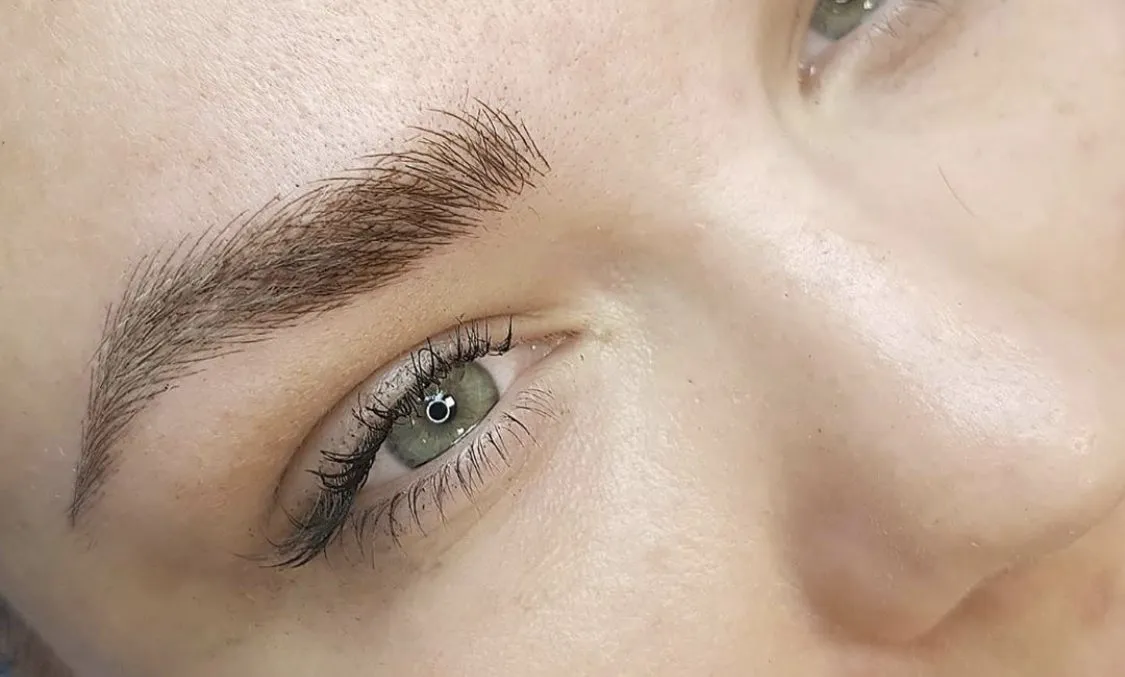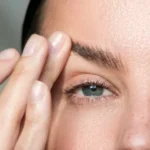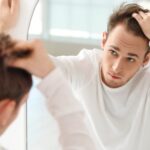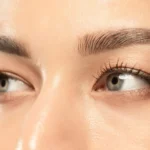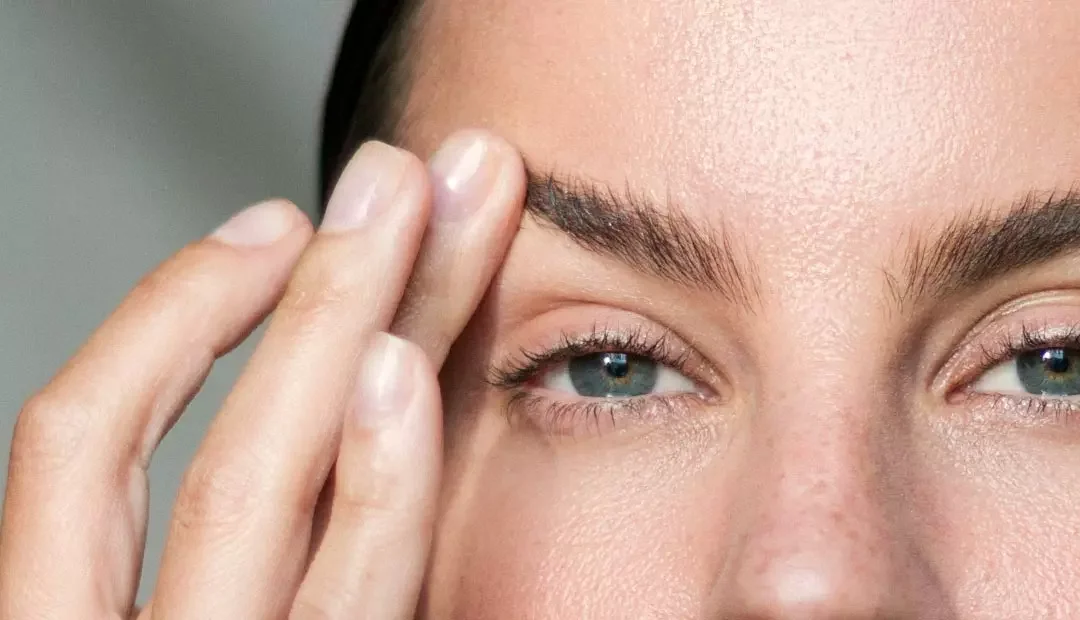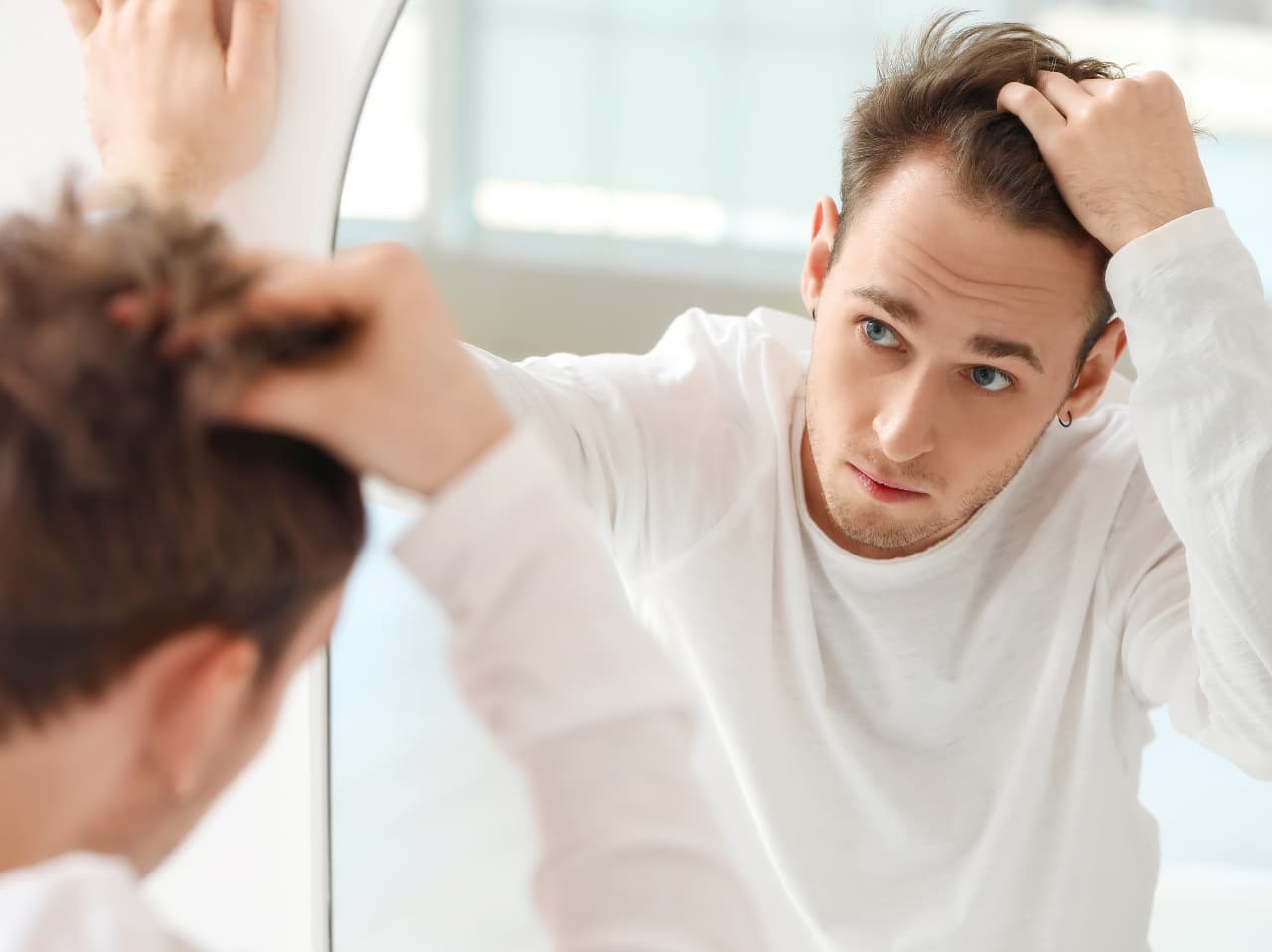Table of Contents
ToggleFinding the best hair supplements for alopecia requires expert insight and evidence-based guidance. At Kopelman Aesthetic Surgery, Dr. Kopelman combines clinical experience with a personalized approach to help patients navigate hair loss treatments with confidence. In this article, we explore which supplements actually work and why they may be right for you.
Key Takeaways
- Hair supplements can support regrowth and reduce shedding when matched to the specific type of alopecia and taken consistently.
- Clinically backed ingredients like biotin, zinc, saw palmetto, and vitamin D are common in the most effective hair growth supplements.
- Choosing the right supplement depends on format, quality, and whether it addresses hormonal, nutritional, or autoimmune causes.
- Supplements work best when guided by a healthcare provider and used to correct nutritional deficiencies.
- Many users see improvement in 3–6 months, and supplements are generally safe when used as directed.
Top Supplements for Alopecia and Hair Loss
Best Supplements for Alopecia, Growth, and Thickness
Hair supplements vary in formulation. Effective ones contain biotin, zinc, saw palmetto, and marine collagen. These nutrients help support follicles and reduce shedding.
Nutrafol and Viviscal are among the best hair regrowth supplements. They are also considered some of the most effective supplements for hair growth when used consistently. They show results in 3–6 months when paired with a balanced diet and proper scalp care. These supplements also help support hair growth through anti-inflammatory and nutritional pathways.
Best Hair Vitamins for Alopecia Areata
Alopecia areata is autoimmune. While not curable by supplements, vitamin D, zinc, and curcumin may reduce inflammation and promote hair regrowth.
Antioxidants like vitamin E and green tea extract can also support hair health. These help reduce oxidative stress and may calm immune flare-ups.
Best Hair Vitamins for Androgenetic Alopecia
This genetic condition causes hair thinning in men and women. Supplements that block DHT—like saw palmetto and pumpkin seed oil—are often used.
Men may respond to saw palmetto and nettle root. Women benefit more from iron and vitamin D supplements. Dr. Kopelman often recommends internal and topical treatments together.
This type of hair loss also follows a disrupted hair growth cycle. The best supplement for hair loss in these cases often combines anti-DHT ingredients with essential nutrients to restore balance.
Best Hair Supplements for Balding Men
Supplements for balding men target hormones, inflammation, and nutrient support. Key ingredients include B-complex vitamins, zinc, and DHT blockers.
These products may not regrow bald areas but can slow further loss. Hair procedures might be needed for complete restoration. A targeted approach may help increase hair density when started early.
Supplement Formats: Pills, Gummies, or Powders?
- Pills: Higher doses, standardized, but harder to swallow.
- Gummies: Tastier, but may contain sugar and lower doses.
- Powders: Can include more ingredients, but may taste unpleasant.
Choose a form that suits your routine. Dr. Kopelman recommends consistency over format.
How These Supplements Help Hair Regrowth
Key Ingredients: Biotin, Zinc, Saw Palmetto
Biotin promotes keratin. Zinc regulates oil glands and repairs tissue. Saw palmetto may reduce DHT.
A biotin supplement strengthens brittle strands and supports healthy hair growth. These vitamins and minerals are essential for overall hair health.
How They Support Follicles and Scalp Health
Supplements improve blood flow, reduce inflammation, and help collagen production. These effects strengthen the scalp and support follicles.
In alopecia patients, scalp health is critical. Dr. Kopelman emphasizes a holistic approach that includes topical care and nutritional support.
Best Hair Vitamins for Faster Hair Growth
B12, iron, and vitamin C support faster growth by improving oxygen delivery. Iron deficiency is a common issue in women with hair thinning.
These nutrients don’t alter the growth cycle but create better conditions for regrowth. Correcting nutritional deficiencies can lead to noticeable improvement.
For patients experiencing thinning hair, choosing products that address both internal imbalances and follicular strength is essential to support steady hair grow progression.
Understanding Vitamin Deficiencies and Hair Loss
Which Vitamin Deficiency Causes Alopecia?
Deficiencies in vitamin D, zinc, and iron can worsen alopecia. These nutrients regulate immune response and repair follicles.
Blood tests can identify deficiencies and guide treatment plans.
Can B12 Vitamins Cause Hair Loss?
B12 doesn’t cause hair loss, but low levels can slow growth and increase shedding. Over-supplementing isn’t usually harmful, but should follow dosage guidelines.
Role of Vitamin D, Iron, and Zinc
Vitamin D supports immune function. Iron carries oxygen. Zinc repairs follicles. All help prevent hair thinning.
Dr. Kopelman uses diagnostics to determine which nutrients patients are lacking. These vitamins and minerals work synergistically to promote hair growth and maintain scalp health.
Are Hair Supplements Worth It?
Supplements are most effective when addressing a gap or managing stress-related shedding. Studies show they can improve density and reduce shedding.
For example, a study found a 34.5% hair count increase in women using saw palmetto and tocotrienols over 12 weeks. These results show the potential of high-quality formulas to promote hair growth.
Hair growth results also depend on the current phase of your hair growth cycle. Supplements create favorable conditions for hair to shift from resting to active growth.
Hair Supplements and Products for Women
Women often face diffuse hair loss due to hormones, stress, or diet. Female-friendly supplements include biotin, iron, and adaptogens like ashwagandha.
Topical products complement supplements. Avoid male-formulated supplements with strong DHT blockers.
Choose products labeled “for women” and monitor hormonal ingredients.
Choosing the Right Supplement for You
Which Supplement Is Best for Alopecia?
It depends on the type of alopecia and individual health. Look for products with biotin, zinc, iron, and vitamin D.
Avoid artificial fillers and opt for a clean, tested product. Dr. Kopelman provides personalized plans based on patient history.
Matching Products to Alopecia Type
- Alopecia Areata: Vitamin D, E, zinc
- Androgenetic Alopecia: Saw palmetto, pumpkin seed oil
- Telogen Effluvium: Iron, adaptogens
Different types of hair loss need different solutions. A scalp exam helps define the right approach.
When to See a Dermatologist
If there’s no improvement after 3–6 months, see a specialist. Dr. Kopelman offers lab tests and scalp biopsies to guide treatment and avoid unnecessary supplements.
Quick Reference: What to Look for in a Hair Supplement
- Biotin, zinc, vitamin D, and iron
- DHT blockers like saw palmetto
- Clean label, no fillers
- 3rd-party tested
- Tailored to your gender and condition
Medical-grade products ensure better outcomes with fewer risks.
Safety, Dosage, and Expectations
How Long Until You See Results
Hair growth supplements need time—at least 3 months. Results are more likely after 6 months of regular use.
Stick to one product and stay consistent to support growth.
Safe Dosages and Quality Standards
Follow dosage labels or your doctor’s advice. Overdosing can lead to side effects, especially with fat-soluble vitamins like A or D.
Look for trusted brands that publish test results.
Side Effects and What to Avoid
Some ingredients can upset your stomach or affect lab results (like biotin). Avoid taking multiple supplements unless recommended.
Choose one high-quality supplement and monitor how your body reacts.
Who Should Not Take Hair Supplements
Avoid supplements if pregnant, breastfeeding, or managing hormone-sensitive issues like PCOS.
People on thyroid, liver, or blood-thinner medications should speak with a doctor. Always review ingredient labels to avoid overlap or interactions.
To explore the best supplement for your hair loss and receive a personalized treatment plan, schedule a consultation with Dr. Kopelman. His expert guidance can help you choose safe, effective solutions tailored to your specific hair needs.


